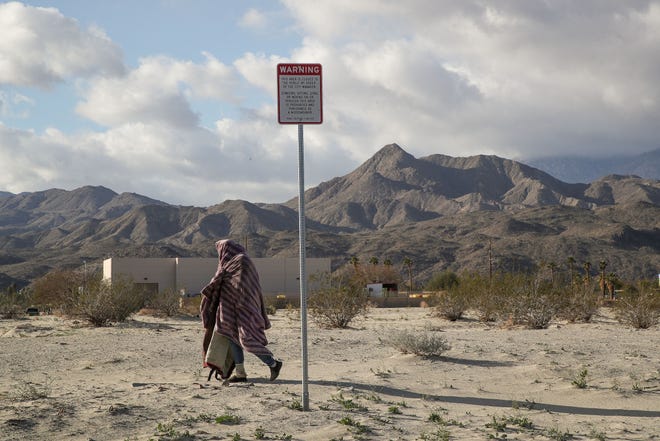On Super Tuesday, March 5th, Californians will see the fate of Gov. Gavin Newsom's Proposition 1, which would pump billions into mental health and addiction services and prioritize adding housing for people experiencing homelessness. will be decided.
All voters in California will have that proposal listed on their ballots, no matter which party's ballot they receive in the presidential primary.
To see what else is on your California ballot and learn more about voting Tuesday, check out Desert Sun's California 2024 Election Guide.
What would proposal 1 do?
If we vote yes on Proposition 1, California will build more places where people can receive mental health care and drug or alcohol treatment, and provide more housing for individuals struggling with mental health, drug, or alcohol issues. It will be able to borrow up to $6.4 billion to provide the
Preparing to vote: See who's running for president and compare their positions on important issues with our voter guide
Most of the funding, estimated at $4.4 billion, will be used for 10,000 new inpatient and residential treatment beds across the state, CalMatters said.

Counties would be required to focus their services on housing chronically homeless people.
A no vote would keep mental health care and drug or alcohol treatment services in California counties as they are.
How much does proposal 1 cost?
If approved, Prop. 1 would shift about $140 million a year in current tax revenue for mental health, drug and alcohol treatment from counties to the state, according to the California Voter Guide.
It would also increase the cost of servicing state debt by $310 million a year over 30 years.
Who supports or opposes this initiative?
Supporters include Newsom, California Firefighters, California Veterans Association, and National Alliance on Mental Illness (California).
Supporters argue the initiative will help address the state's homelessness, mental health and addiction crises, according to the state's voter guide.

Opponents include California Mental Health America, the Howard Jarvis Taxpayers Association and CalVoices.
Opponents described the initiative as “huge, expensive and destructive,” according to the state Voter Guide. They argue that this would cut funding to currently functioning mental health programs.


